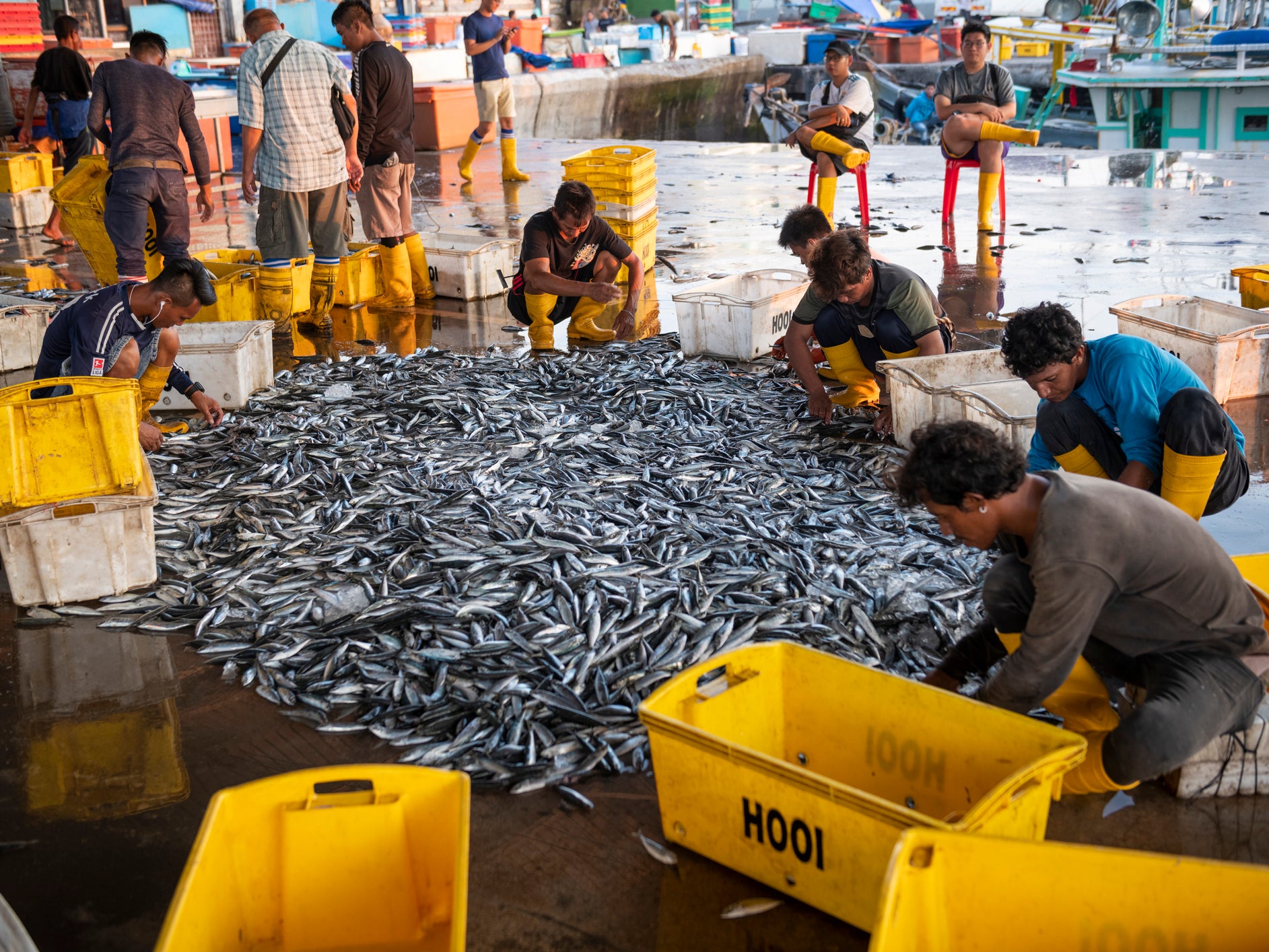Climate crisis: Green coronavirus recovery could generate $10tn a year, says World Economic Forum
Jobs, economic stability and protection for food supplies among benefits to global population if governments pursue nature-led approach to rebuilding economies

Focusing on a green recovery from the Coronavirus pandemic could boost the global economy by $10 trillion (£7.9 trillion) a year and create 395 million jobs by 2030 according to a new report by the World Economic Forum.
Amid “unprecedented job losses and economic uncertainty”, focus on “nature positive solutions”, could provide a blueprint towards future prosperity, the organisation said.
Putting nature first is good for business and for economic resilience, the organisation stated and the report includes case studies with examples of how “smart farming” using sensors and satellite imagery in Indonesia helped improve crop yields by an average of 60 per cent, and how in Vietnam, people living in coastal communities saw their incomes more than double following the restoration of critical mangroves.
“We can address the looming biodiversity crisis and reset the economy in a way that creates and protects millions of jobs,” said Akanksha Khatri, head of the nature action agenda at the World Economic Forum.
“Public calls are getting louder for businesses and governments to do better. We can protect our food supplies, make better use of our infrastructure and tap into new energy sources by transitioning to nature-positive solutions.”
The report said 191 million new jobs could be created if new approaches are taken to diversifying humans’ diets.
It notes some 75 per cent of the world’s food comes from 12 plant and five animal species.
Animal products provide 18 per cent of calories but take up 80 per cent of farmland. A more diversified diet of vegetables and fruits can create $310bn (£245bn) in business opportunities annually by 2030.
Meanwhile, wild fish stocks are declining calamitously. It takes five times the effort to catch the same amount of fish now as it did in 1950, the report states.
If the “business as usual” approach continues, wild fish stocks will decline by 15 per cent. This will cost the industry $83bn, as boats will have to travel further and fish deeper.
However, sustainable ecosystem management is one way to tap into a $40bn opportunity for the maritime industry worldwide, the WEF said.
Other key initiatives include retrofitting buildings to make them more efficient in both conserving heat and being well-ventilated. This would provide further major job opportunities.
In the energy sector there is an opportunity to create 87 million jobs and $3.5 trillion in business opportunities by 2030, the report states.
The authors said stimulus packages for solar and other renewables can not only generate millions of new jobs, but solar energy, even without subsidies matched existing fossil fuel costs in over 30 countries and were projected to be cheaper than coal in China and India by 2021.
Inger Andersen, United Nations under-secretary-general and executive director of the UN Environment Programme, said: “As we enter into a historic decade of action to halt and reverse biodiversity loss by 2030 and address climate change, business has a critical role to play in environmental stewardship of our planet,”
“They have the technology, innovation and financing to make the shifts we need towards increased investment in nature’s infrastructure and nature-based solutions.”
Join our commenting forum
Join thought-provoking conversations, follow other Independent readers and see their replies
Comments